Randy Orton Tattoo Artist Wins Copyright Infringement Lawsuit Against WWE And 2K Games
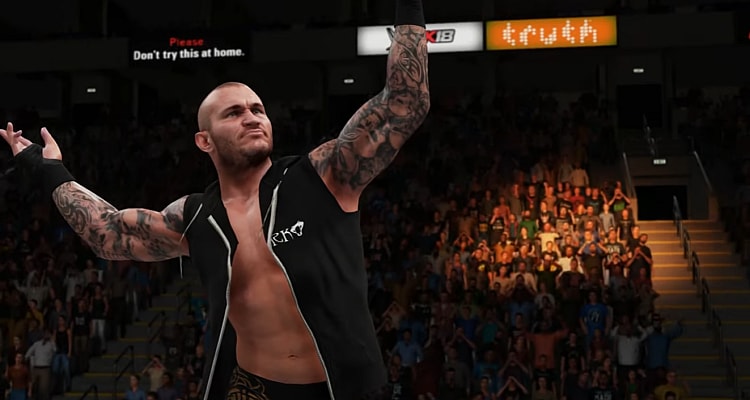
A tattoo artist has successfully sued WWE and 2K Games for copyright infringement, over Randy Orton’s tattoos in WWE 2K video games.
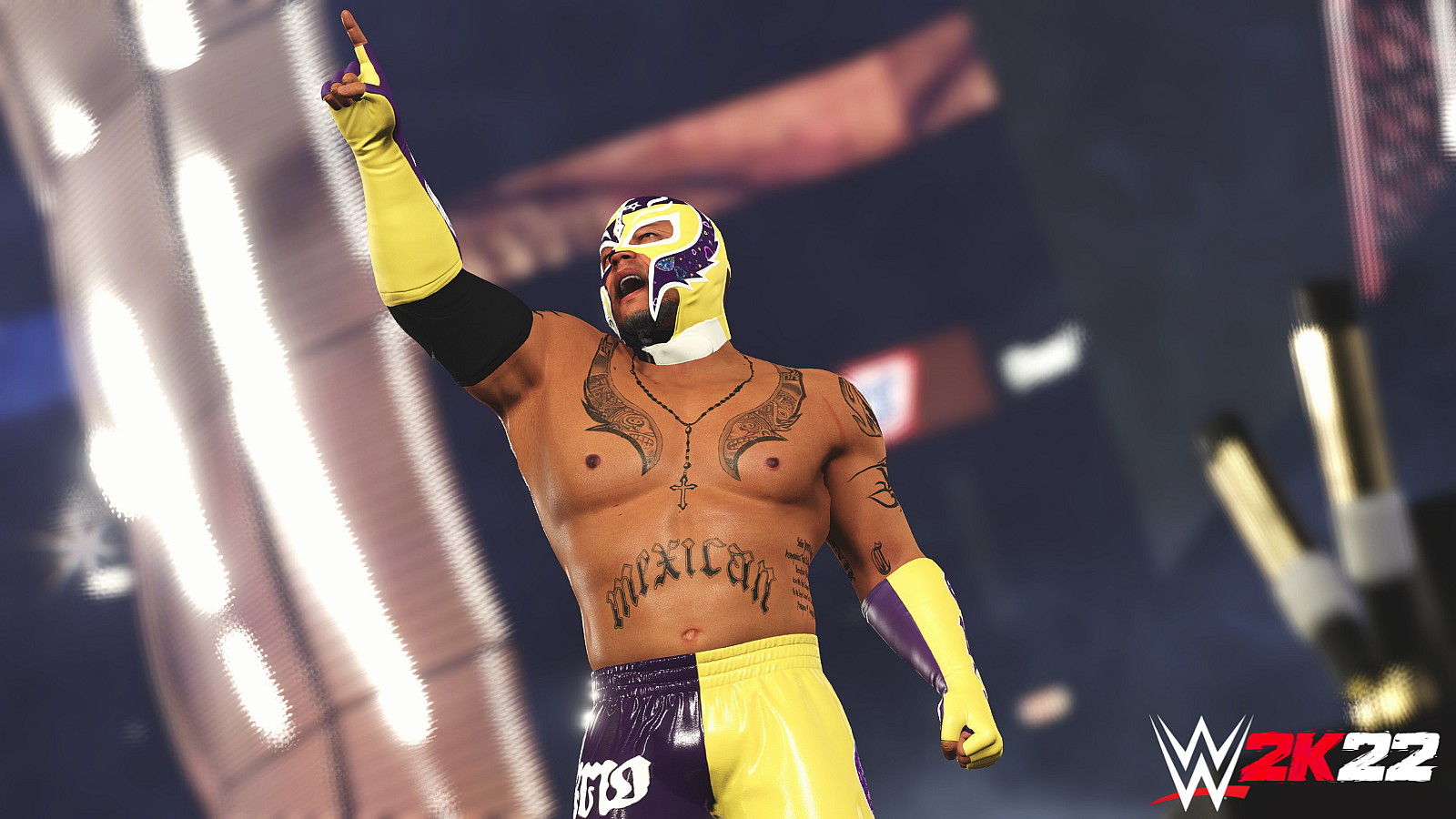
In April of 2018, Illinois tattoo artist Catherine Alexander filed a copyright infringement lawsuit against WWE and 2K Games. The artist argued the tattoos she applied to Randy Orton were her original designs, and the developers didn’t have permission to use them in WWE 2K16, WWE 2K17, and WWE 2K18.
When she approached WWE in 2009, they offered her $450 for “extensive rights to use and reproduce the tattoo designs on WWE products” — an offer that she declined. In 2015, Alexander “submitted applications to register copyrights on each of the tattoos” she applied on the professional wrestler.
WWE invoked a motion to dismiss claiming that Alexander “fails to state a claim for copyright infringement under because (1) she does not hold certificates of registration for the tattoos which is a prerequisite to filing suit, and (2) the Amended Complaint is impermissibly vague.”
The United States Copyright Office Register rejected Alexander’s application to register a Bible verse tatto arguing that “it lacked the authorship necessary to support a copyright claim.”
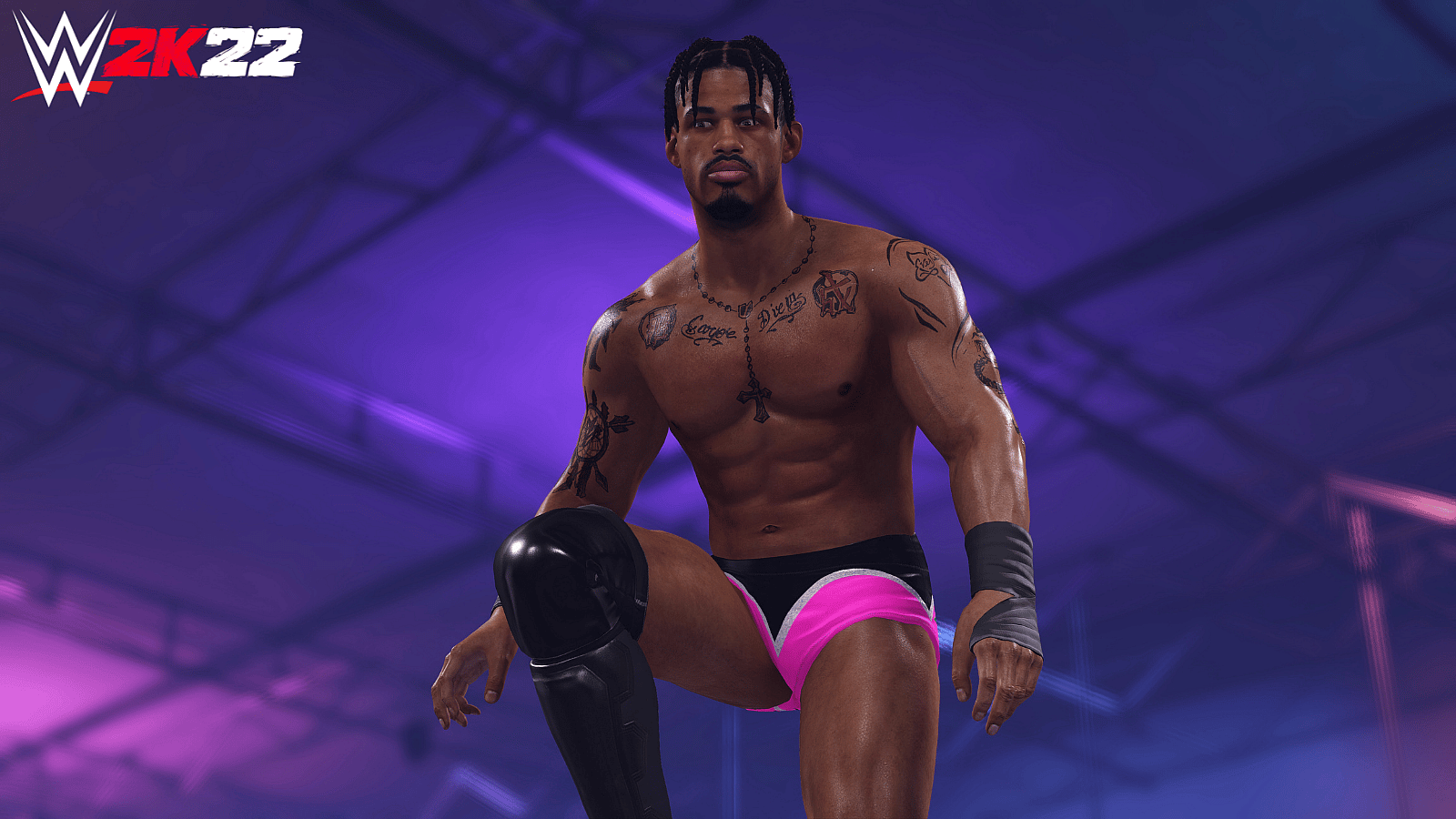
Reuters reported last week that the tattoo artist has won her lawsuit. Despite 2K arguing the tattoos fell under fair use, using them to accurately recreate Orton rather than for Alexander’s designs, the jury awarded Alexander $3,750 in damages due to “actual losses” the artist was entitled to recover. However, as none of the games’ profit were a direct result of the tattoos, she was not compensated any further.
Alexander’s lawyer, Anthony Simon of Simon Law Firm, told Reuters, “We didn’t win a bunch of money, but that’s never what the case was about.” He claims the case may set a precedent for tattoo copyright.
Tattoo copyright became a subject of discussion in 2011, as Mike Tyson’s tattoo artist attempted to sue Warner Bros. over The Hangover Part II,due to one of the characters sporting Tyson’s iconic face tattoo. Warner Bros. would settle out of court the same year.
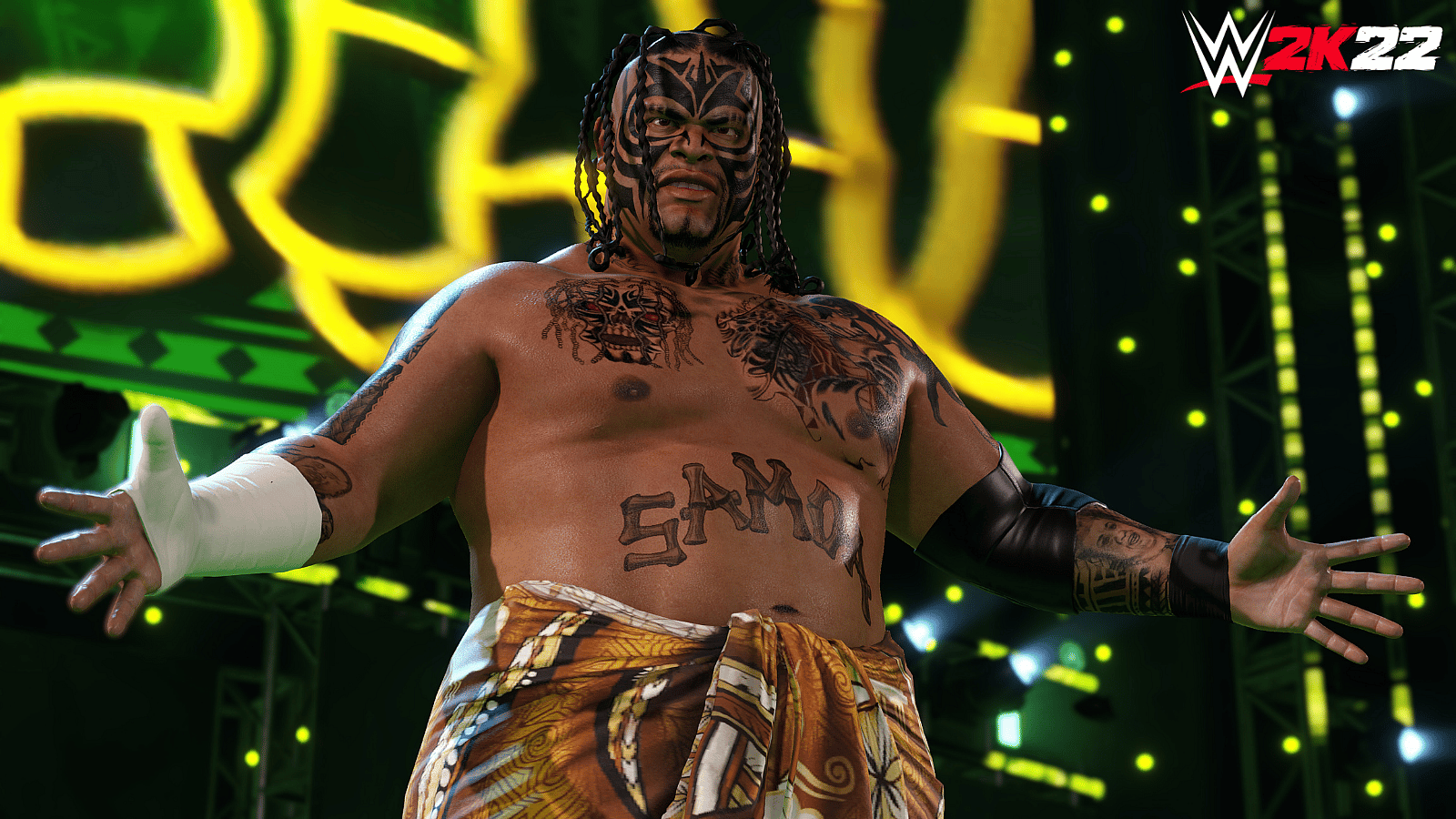
In 2016, Solid Oak Sketches sued 2K over tattoos on LeBron James, Kobe Bryant, Kenyon Martin, DeAndre Jordan, and Eric Bledsoe; all players appearing in NBA 2K16. 2K would go on to win that case in 2020.
At the time James declared, “I always thought that I had the right to license what I look like to other people for various merchandise, television appearances, and other types of creative works, like video games.”
U.S. District Court Judge Laura Taylor Swain noted that the game only featured a small number of players with tattoos, argued that said tattoos were difficult to see during gameplay and that these did not appear in promotional material.
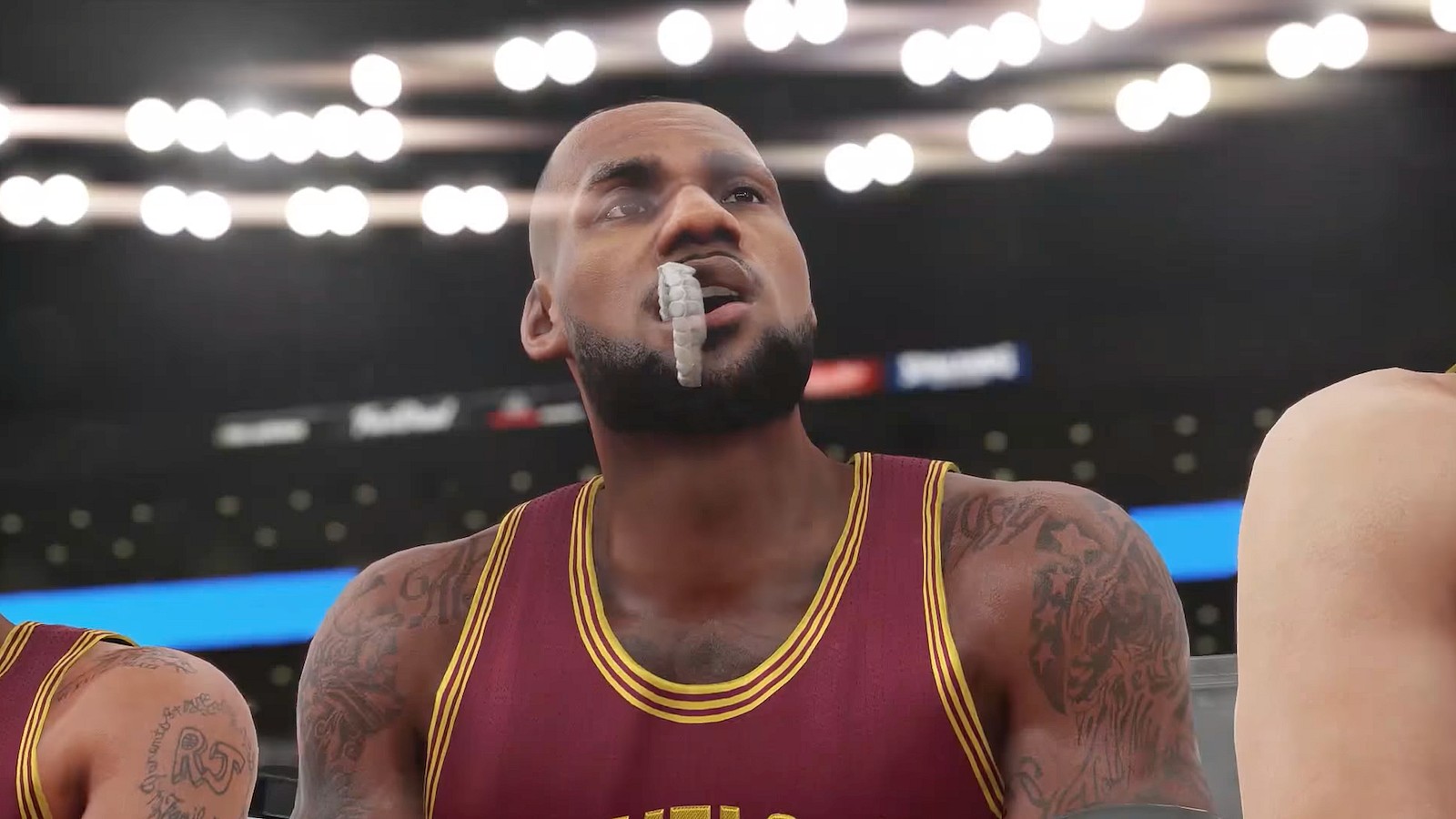
“The Tattoos only appear on the players upon whom they are inked, which is just three out of over 400 available players,” Swain argued at the time.
She added, “The undisputed factual record shows that average game play is unlikely to include the players with the Tattoos and that, even when such players are included, the display of the Tattoos is small and indistinct, appearing as rapidly moving visual features of rapidly moving figures in groups of player figures.”
“Furthermore, the Tattoos are not featured on any of the game’s marketing materials,” concluded the District Court Judge.
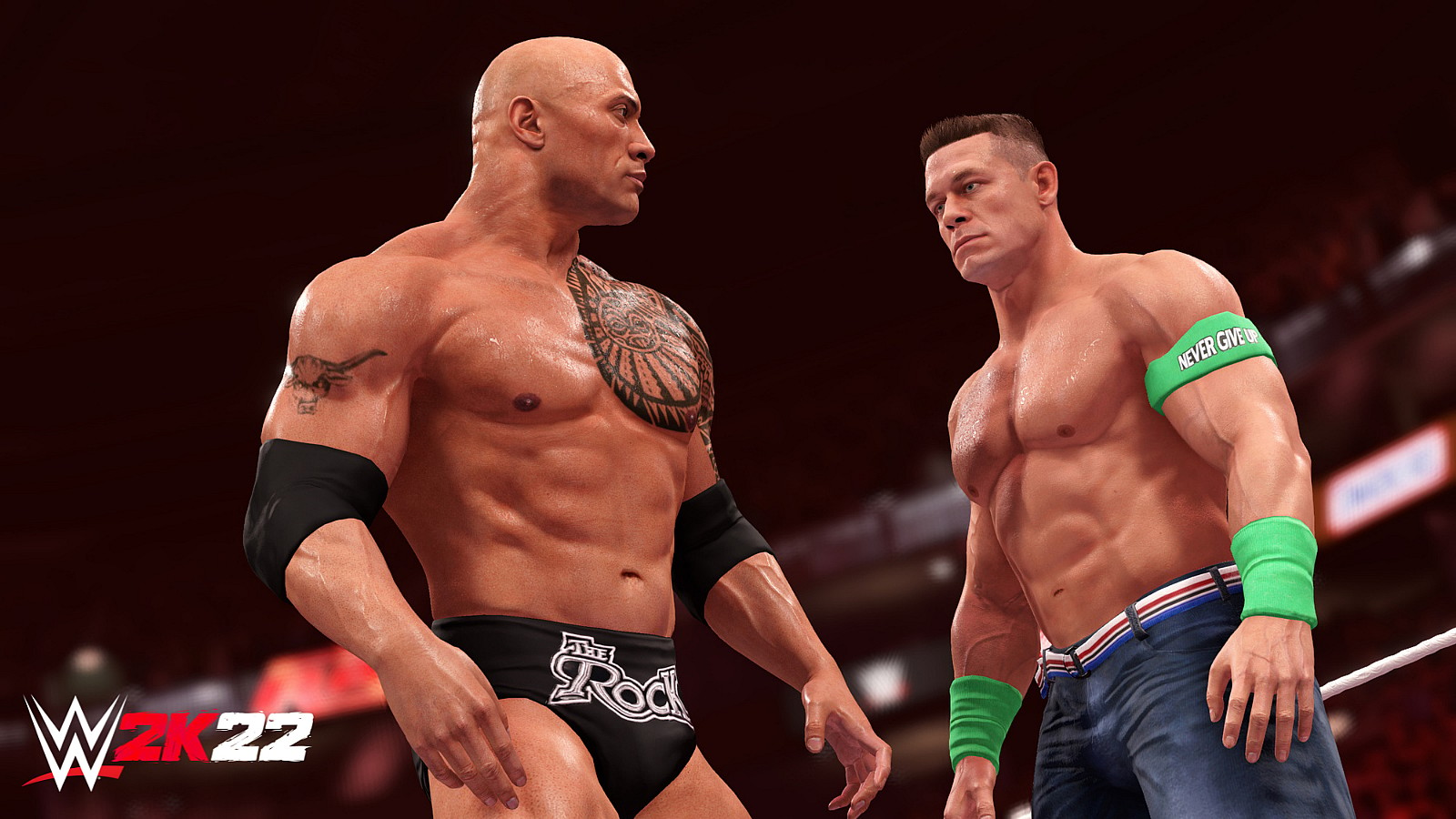
Swain also added “Here, the undisputed factual record clearly supports the reasonable inference that the tattooists necessarily granted the Players nonexclusive licenses to use the Tattoos as part of their likenesses, and did so prior to any grant of rights in the Tattoos to Plaintiff.” She even described the supposedly copywriter material itself as “De minimis,” essentially branding the matter as trivial.
Yet, WWE and 2K’s loss over Orton’s tattoos may upend the precedents that case set. WWE and licencees may need to seek out tattoo artists when using the likeness of “Wrestling Superstars” for video games, toys, and more. The matter may boil down to if accurate recreation of a detail most players won’t see — unless they are seeking it out — is a selling point for a sports video game.
NEXT: Warner Bros. Discovery Being Sued For Inflating HBO Max Subscriber Numbers By Ten Million Users
